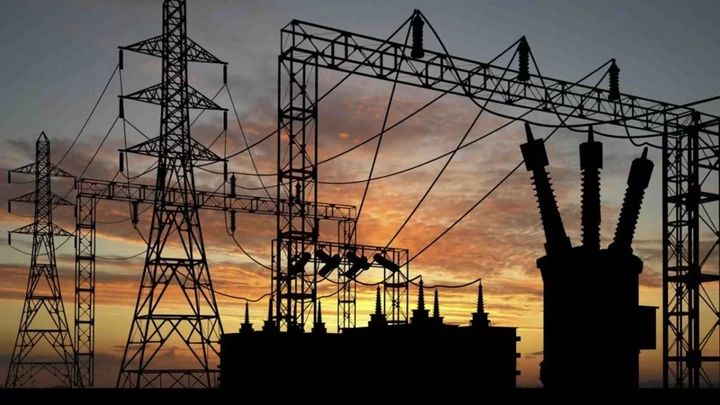
The Nigerian Electricity Regulatory Commission (NERC) has granted regulatory autonomy to 11 states, empowering them to oversee electricity markets within their jurisdictions in accordance with the Electricity Act (EA) 2023.
The affected states, Kogi, Niger, Ekiti, Plateau, Oyo, Ogun, Enugu, Lagos, Imo, Ondo, and Edo, are now authorised to establish and operate independent electricity markets, license market participants, and enforce compliance within their territories.
The move, disclosed in a document obtained from the Federal Ministry of Power, marks a significant milestone in the implementation of the EA 2023, which repealed the Electric Power Sector Reform Act (EPSRA) of 2005 and redefined the legal and institutional framework governing the Nigerian electricity supply industry.
Signed into law in June 2023 by President Bola Tinubu, the Electricity Act 2023 devolves power sector responsibilities previously concentrated at the federal level.
It empowers subnational governments to legislate, generate, transmit, and distribute electricity, particularly to areas not served by the national grid.
The Act mandates that every state that seeks to regulate its electricity market establish its electricity regulatory authority.
The granting of regulatory rights by NERC to the 11 states is in line with this provision, following their compliance with prerequisites, including the passage of enabling legislation and the establishment of state electricity regulatory commissions.
Also, according to the document, Nigeria aimed to achieve universal electricity access for 86 million people by 2030.
The roadmap includes the deployment of $32.8bn in funding from both public and private sectors, targeting universal access and clean cooking solutions.
Also, the Nigeria Integrated Resource Plan (NIRP) and the National Integrated Electricity Policy (NIEP) will guide the sector’s transformation, while the planned addition of 948 megawatts (MW) of renewable energy capacity for rural electrification underscores the government’s clean energy commitment.
The document also revealed that 100 MW of clean energy will be installed across 37 federal universities and seven teaching hospitals.



Discussion about this post